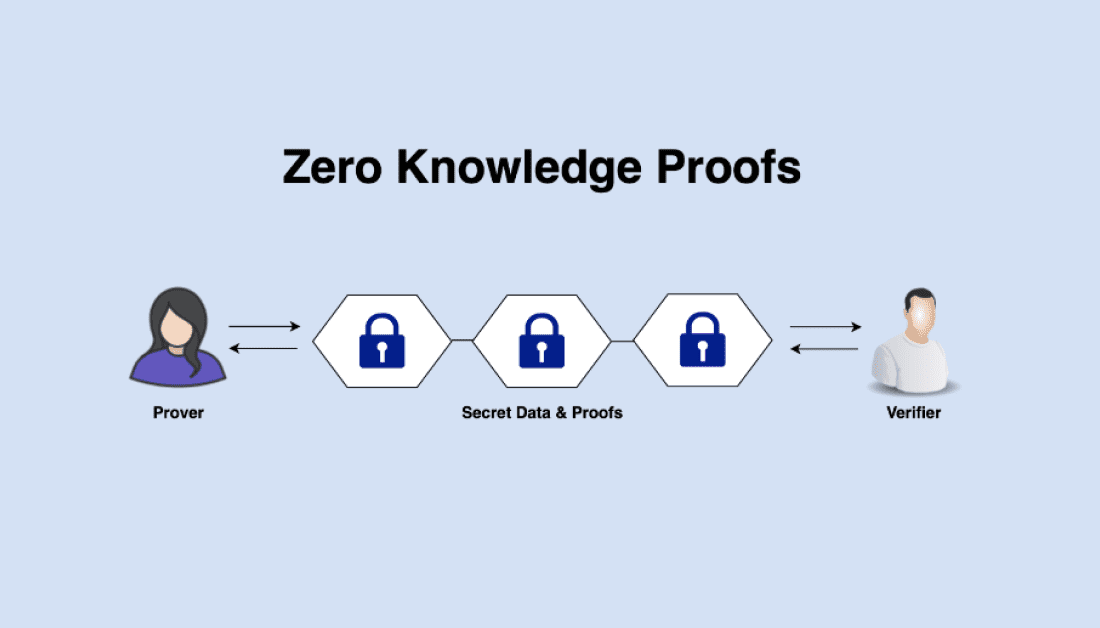
Zero-knowledge proofs (ZK-proofs) have emerged as a critical technology within the cryptocurrency industry. These cryptographic protocols enable one party to convince another party of the truth of a claim without disclosing any information, offering a layer of privacy and security in transactions.
Zk Technology and the Ethereum Blockchain
ZK technology is pivotal in blockchain scalability, particularly in Ethereum's layer-2 solutions. Ethereum, being a leading blockchain network for high-quality contract execution, has encountered scalability challenges, notably high gas fees and low transaction throughput. To address these limitations, Ethereum's community has devised various solutions, including State Channels, Sidechains, Plasma Chains, and, more recently, Rollups.
Among these solutions, Rollups have gained significant attention. Rollups drastically reduce gas fees by bundling hundreds of transactions into a single transaction on the Ethereum chain. There are two types of Rollups: Optimistic Rollups and ZK-Rollups. While Optimistic Rollups assume transaction validity and allow challenges if necessary, ZK-Rollups employ validity proofs, known as ZK-Proofs, which are computed off-chain and provide a compact yet secure verification method on the Ethereum Mainnet.
The Ethereum community's enthusiasm for ZK technology stems from its potential to increase Ethereum's transaction throughput dramatically. Vitalik Buterin, Ethereum's founder, estimates that ZK-Rollups could raise Ethereum's transactions per second (TPS) to approximately 4807, with the possibility of surpassing 100,000 TPS with upcoming Ethereum 2.0 changes. This scalability enhancement opens doors for developing high-throughput applications, which could attract over a billion users to Ethereum.
to enhance Ethereum's scalability and privacy further
Beyond Ethereum, ZK technology also promises to enhance privacy and scalability in other blockchain ecosystems. While scalability might not be a pressing issue for networks like Cosmos, ZK technology can be leveraged to bolster privacy. By incorporating ZK-Rollups or similar solutions, Cosmos-based blockchains can uphold user privacy while maintaining the integrity and openness of their networks.
Polygon, formerly known as Matic Network, is a prominent player in the ZK technology space. As a decentralized Ethereum scaling platform, Polygon has allocated substantial resources to ZK-based solutions, aiming to enhance Ethereum's scalability and privacy further.
Final Remarks
In conclusion, zero-knowledge technology presents a compelling solution to the scalability and privacy challenges that blockchain networks like Ethereum face. With ongoing developments and increasing adoption, ZK technology is poised to play a crucial role in shaping the future of decentralized finance (DeFi), non-fungible tokens (NFTs), and various other applications within the crypto space.



